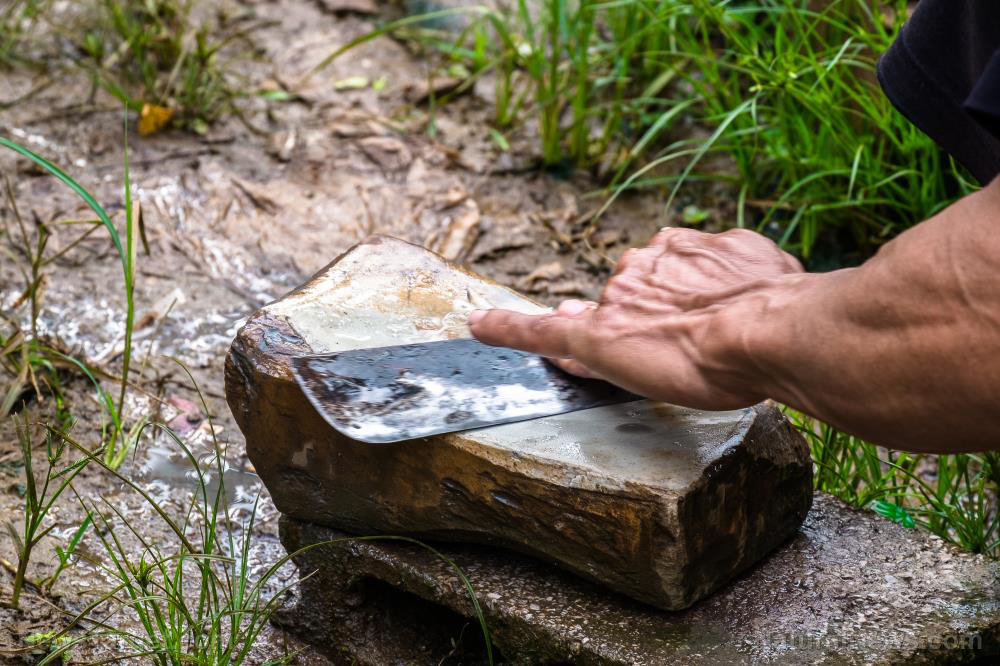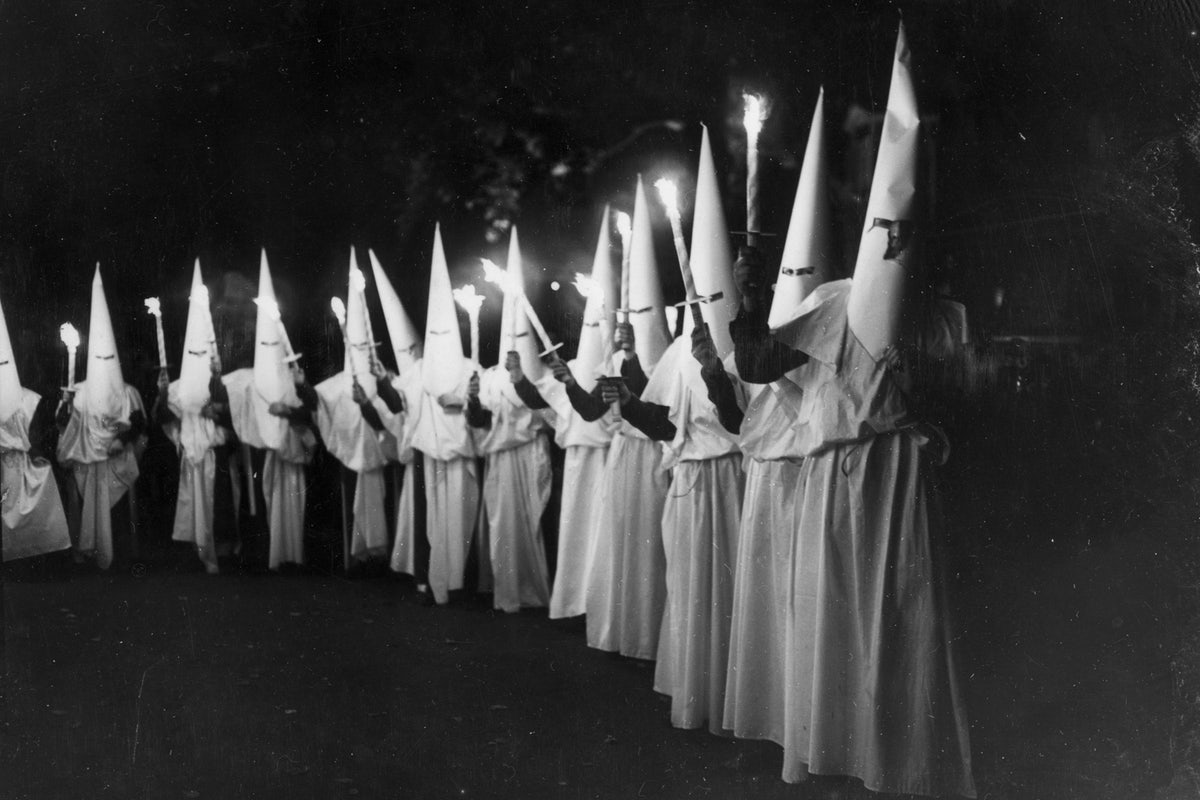Looks can be deceiving: Use these clues to spot someone who may have bad intentions
10/11/2019 / By Darnel Fernandez

Bad people are unsurprisingly everywhere. If you watch the news, there’s often at least one person reported to have done something that inconvenienced others, or worse. People with bad intentions could be hiding in plain sight, right under the noses of unsuspecting victims, and if you aren’t careful, they may take advantage of you or even harm you. How do you pick them out from the crowd? (h/t to ModernSurvivalBlog.com)
Having an eye for evil
It takes a different type of skill to recognize people harboring bad intentions. Keep yourself and the people around you safe using these clues to spot people who may be attempting to do something harmful.
Watch for deviations from normal body language
One of the main tips for analyzing body language is familiarizing yourself with a person’s typical mannerisms. This is what experts call baselining, where you are establishing a “baseline” for a person’s normal social cues.
What is normal to you might not be normal to other people. Some people might be fidgety and tend to adjust themselves quite often, but that does not necessarily mean they’re anxious – it might just be a normal thing to them.
Still, take extra precaution when people start departing from their established baseline. Even a small change in mannerism could give you significant clues about their motivations and intentions.
People can have their own innocent reasons for changing their behaviors, but it wouldn’t hurt to bring out your inner Sherlock Holmes and pay closer attention to people acting suspicious.
Be patient
It’s difficult to avoid making assumptions on a person’s character when you first meet them. More often than not, first impressions do show a lot about a person’s character. But as the saying goes, “don’t judge a book by its cover.”
People are often too trusting, even when it comes to meeting strangers. Sociopaths and other crafty individuals prey on the gullible because they stop looking for red flags almost as soon as they establish a persona.
However, even the best of them could reveal bits about their true nature if you give them enough time. Stay vigilant and always keep an eye out for red flags as you get to know other people.
Watch the flow of the conversation
People with harmful intentions can be especially good with words. They tend to use words that hide their true nature and may even give you completely false information about themselves to alter their image.
Some of them could even figure out your weaknesses and use them against you. They might talk you into doing things you don’t want or don’t normally do, or manipulate you to get them what they want.
One thing to note is that such people tend to dominate conversations. They use words and actions that help them control the situation, then change them up whenever the situation calls for it, even if it directly contradicts what they previously said or did.
Additionally, watch out for those who excessively talk about themselves – another red flag that someone is trying to manipulate the conversation in their favor.
Can you really know exactly what a person’s true intentions are? Probably not. Nobody can read minds. Even the villains you see on television that make it seem easy don’t exactly translate to real life.
However, it pays to stay vigilant. Practicing situational awareness while you interact with other people can help you live a safer and more secure life. (Related: Prepping 101: What is situational awareness and why is it crucial for your personal safety?)
For more information on how to protect yourself against people with bad intentions, visit SelfDefense.news.
Sources include:
Tagged Under: bad intentions, baselining, body language, crime prevention, evil, manipulation, manipulators, personal safety, preparedness, red flags, self-defense, SHTF, situational awareness, social cues, sociopath, survival, vigilance
RECENT NEWS & ARTICLES
COPYRIGHT © 2018 SELFDEFENSE.NEWS
All content posted on this site is protected under Free Speech. SelfDefense.news is not responsible for content written by contributing authors. The information on this site is provided for educational and entertainment purposes only. It is not intended as a substitute for professional advice of any kind. SelfDefense.news assumes no responsibility for the use or misuse of this material. All trademarks, registered trademarks and service marks mentioned on this site are the property of their respective owners.



















